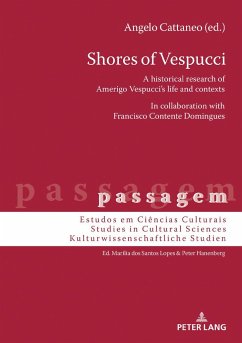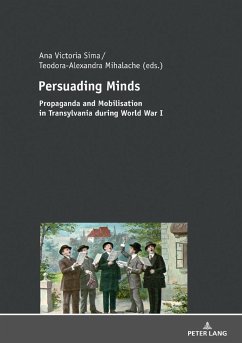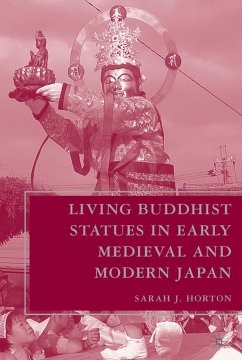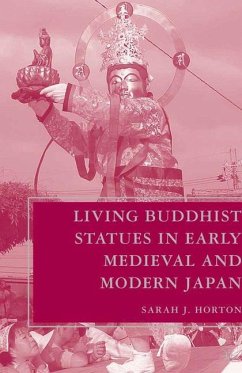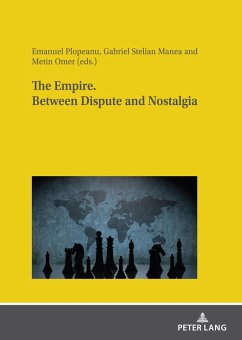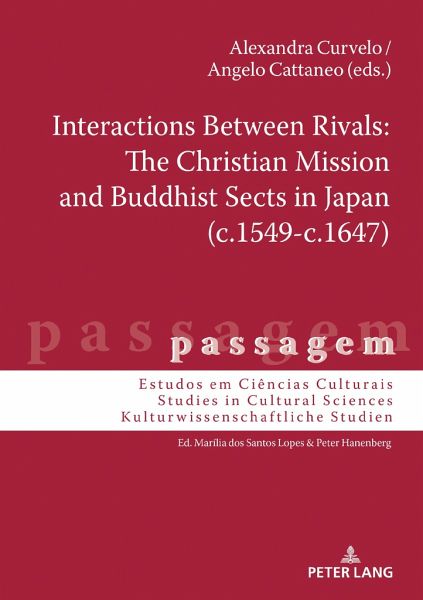
Interactions Between Rivals: The Christian Mission and Buddhist Sects in Japan (c.1549-c.1647)
Versandkostenfrei!
Versandfertig in 6-10 Tagen
97,20 €
inkl. MwSt.

PAYBACK Punkte
0 °P sammeln!
This volume presents comprehensive research on how southern European Catholics and the Japanese confronted each other, interacted and mutually experienced religious otherness in early modern times.In their highly variable and asymmetric relations, during which the politi¬cal-military elites of Japan at times not only favoured, but also opposed and strictly controlled the European presence, missionaries - particularly the Jesuits - tried to negotiate this power balance with their interlocutors.This collection of essays analyses religious and cultural interactions between the Christian missions...
This volume presents comprehensive research on how southern European Catholics and the Japanese confronted each other, interacted and mutually experienced religious otherness in early modern times.
In their highly variable and asymmetric relations, during which the politi¬cal-military elites of Japan at times not only favoured, but also opposed and strictly controlled the European presence, missionaries - particularly the Jesuits - tried to negotiate this power balance with their interlocutors.
This collection of essays analyses religious and cultural interactions between the Christian missions and the Buddhist sects through processes of coopera¬tion, acceptance, confrontation and rejection, dialogue and imposition, which led to the creation of new relational spaces and identities.
In their highly variable and asymmetric relations, during which the politi¬cal-military elites of Japan at times not only favoured, but also opposed and strictly controlled the European presence, missionaries - particularly the Jesuits - tried to negotiate this power balance with their interlocutors.
This collection of essays analyses religious and cultural interactions between the Christian missions and the Buddhist sects through processes of coopera¬tion, acceptance, confrontation and rejection, dialogue and imposition, which led to the creation of new relational spaces and identities.





